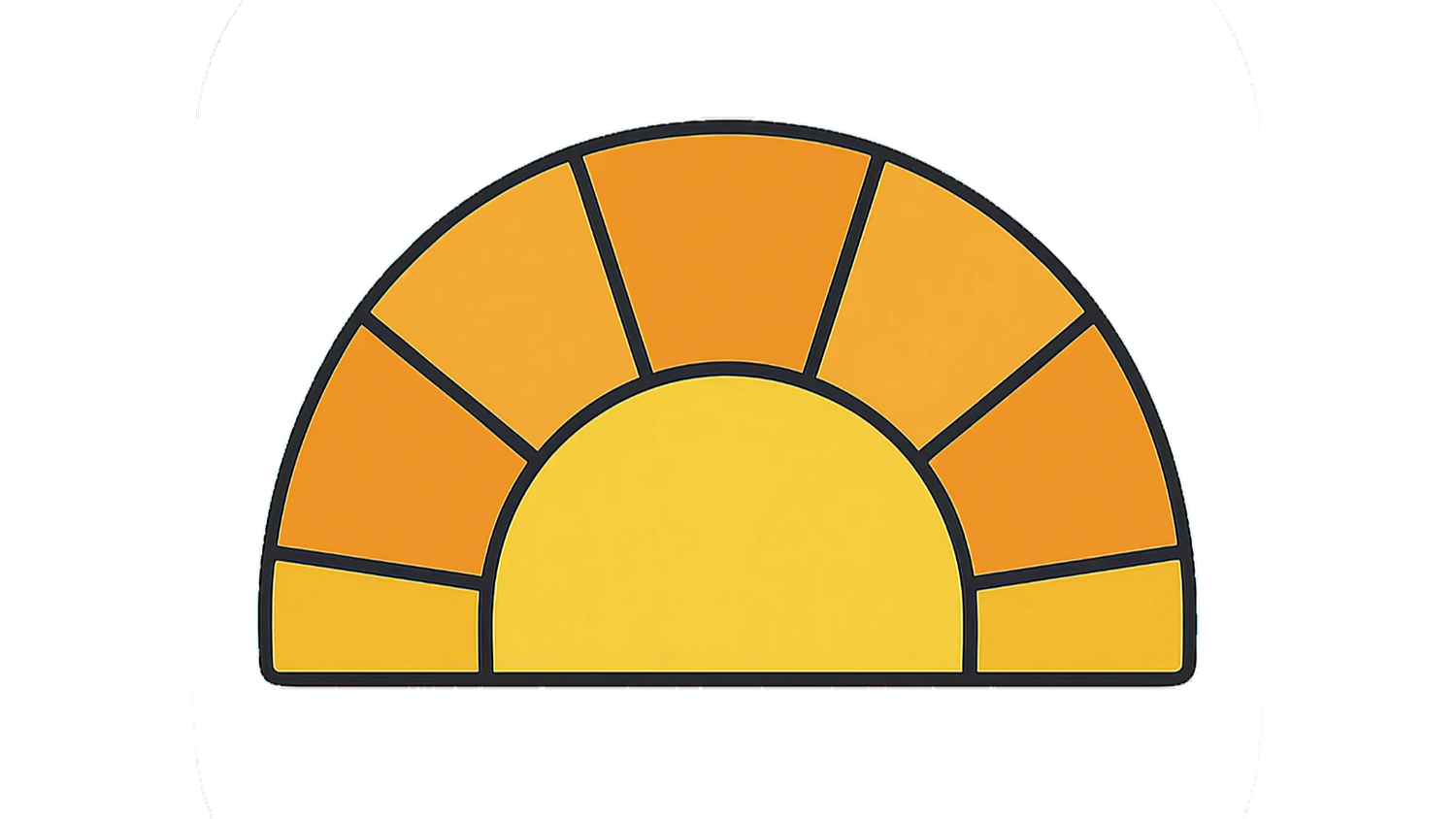It’s Not Alcoholism, It’s Anxiety: How to Cope Without Reaching for a Drink
Stress and anxiety can sneak up quietly. One minute you’re fine, the next you’re on edge, your chest feels tight, thoughts race, and your mind tells you that a glass of wine will take the edge off. But what if it’s not a drinking problem… what if it’s anxiety disguised as a craving?
Understanding the Difference
Many women assume their after-work drink means they have a “problem” with alcohol. But often, the deeper issue isn’t addiction, it’s unaddressed anxiety. Alcohol temporarily numbs stress and tension, but once it wears off, anxiety rebounds even stronger. This creates a cycle where you drink to calm down, then feel more anxious, then reach for another drink.
Signs You’re Anxious, Not “Just Craving a Drink”
Recognizing anxiety patterns helps you break the cycle. Here are common signs your desire for alcohol is rooted in anxiety, not dependency:
You crave a drink when your mind won’t stop racing. You’re not looking for fun, you just want relief from overthinking.
You drink to “shut off” your thoughts at night. Sleep feels impossible without a glass of wine or a cocktail.
You feel tense in your body. Jaw clenching, shoulder tightness, or shallow breathing are physical anxiety signals, not alcohol cravings.
You reach for a drink after conflict or overstimulation. Loud events, tough conversations, or social pressure leave you needing to decompress.
You drink alone to “calm down.” You’re not celebrating — you’re self-soothing.
Why Alcohol Makes Anxiety Worse
While it feels like a quick fix, alcohol changes brain chemistry. It suppresses GABA and serotonin, neurotransmitters that regulate calm and mood, leading to an anxious rebound the next day. Over time, your body depends on alcohol to create calm that it can naturally achieve on its own with the right tools.
How to Manage Stress and Anxiety Without Drinking
Here’s how to manage the anxiety underneath the urge to pour a drink:
1. Breathe before reacting
Anxiety creates urgency. When you pause for a few deep, slow breaths, you calm your nervous system and interrupt the impulse to drink.
2. Move your body daily
Movement! Even 10 minutes helps metabolize adrenaline and cortisol, the stress hormones fueling your anxious thoughts.
3. Nourish your body
Low blood sugar and dehydration mimic anxiety symptoms. Eat balanced meals with protein and complex carbs, and stay hydrated to regulate your mood.
4. Create a “calm-down” ritual
Swap your evening drink for a magnesium mocktail, journaling session, or a warm shower. Rituals create the same psychological “signal” that it’s time to unwind — without alcohol.
5. Connect Instead of Cope
Anxiety thrives in isolation. Talking about it breaks the cycle.
Where to Start
If you’re ready to calm your mind, balance your body, and stop using alcohol as your anxiety button, A Sober Girls Guide Membership is where it starts.
Inside, you’ll find:
Daily coaching and check-ins to help you manage stress in real time
Weekly live circles where you connect with women who get it
Tools and resources that regulate your nervous system naturally, no alcohol required
A supportive community that helps you stay consistent and accountable
This isn’t about never drinking again, it’s about learning to feel good without needing to.
You don’t have to white-knuckle it or label yourself. You just need support, strategy, and structure, and that’s exactly what the A Sober Girls Guide Membership gives you.
The Takeaway
If you’re reaching for a drink when life feels heavy, it’s not a moral failing, it’s a signal from your body that you’re overwhelmed. When you treat the anxiety instead of numbing it, you regain real calm, clarity, and control. You deserve calm that lasts longer than a glass of wine.
Your nervous system doesn’t need alcohol to relax. It just needs care, consistency, and compassion.

